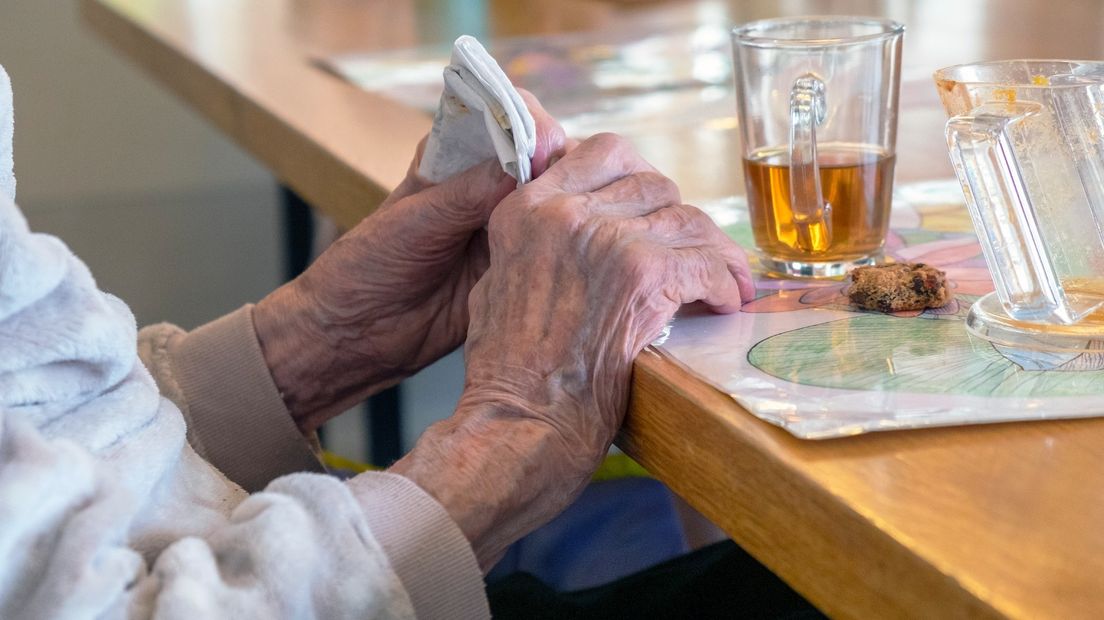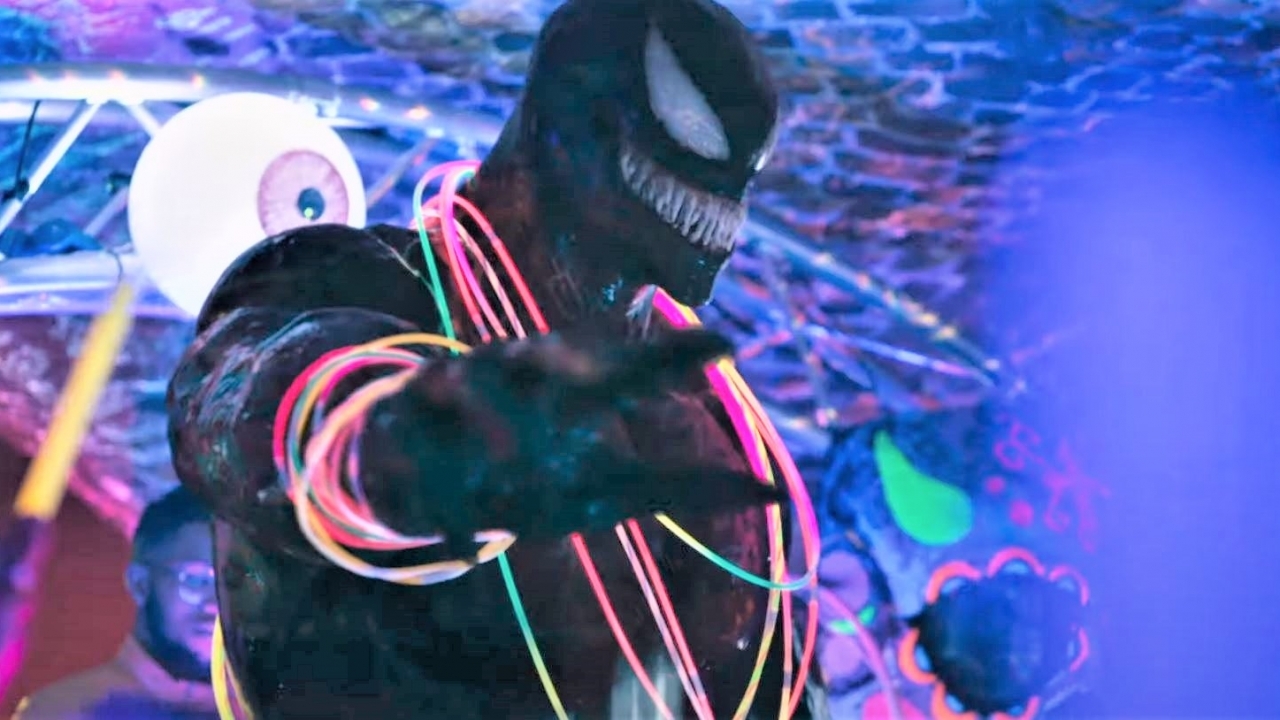Today, 20:55 • 3 minutes reading time
—
–
The UMCG and Hanze University of Applied Sciences will investigate whether sensors can help detect and even prevent certain behavior in people with dementia. This concerns, for example, restlessness, wandering, shouting and sudden anger or aggression.
—
The first study will start at Zonnehuisgroep Noord next month, and care institutions in Drenthe will probably follow later.
—
Sensors on the body and in the environment
Several psychogeriatric residents of Zonnehuis Wiemersheerd in Loppersum are given a special ring on a finger – with the permission of their family. It contains sensors with which their heart rate, skin resistance and movement activity can be measured. These can be indicators of anger, stress or restlessness – behavior that people with dementia often display because they no longer have a grip on daily life.
—
Sensors are also used in their environment. Such as motion sensors to see how they move around their home, pressure sensors in a mattress to map their sleeping behavior, and sensors that pick up sound.
—
‘Then you have to think of sounds that clients make themselves, for example suddenly shouting, but also of ambient noise that can make them restless, such as trucks or fighter jets,’ says UMCG professor of geriatric medicine and dementia Sytse Zuidema, who is leading the research.
—
Combination of care and technology
In addition to the University Network for Elderly Care of the UMCG, the Sensors & Smart Systems professorship of Hanze University of Applied Sciences is also involved in the research. The scientists hope – with the help of healthcare workers from the field – to develop a warning system that can help identify misunderstood behavior more quickly.
—
‘We know, for example, that aggression builds up in people with dementia: they first experience fear and uncertainty, then become restless and that can then escalate into aggression,’ explains Zuidema. ‘We hope to be able to predict and ultimately prevent that with this system. That will lead to more peace of mind for residents and staff in a nursing home.’
—
App must warn
The system will probably lead to an app. ‘If a client exhibits certain behavior, a beep is heard on the carer’s smartphone. We also want to give healthcare employees tips to prevent derailment. There are already certain systems on the market that warn that Mrs. Jansen will go outside, for example, but they are still very general. We want to make that better and more appropriate’, says Zuidema.
—
The professor cannot yet say when the system will be ready. ‘The research among the first residents will start next month, eventually we hope to be able to monitor about thirty patients in Loppersum. That’s still pretty exciting. Because does the client accept a ring on his finger? I expect to be able to share the first scientific results in one to one and a half years. Apart from that, building a good and user-friendly warning system takes time.’
—
The difficulty with development is that one resident is not the other. ‘The type of behavior of people with dementia can differ: one calls, the other keeps chasing someone, yet another becomes restless or angry. We need to get a grip on that when it comes to predicting behaviour.’
—
Do you want to bet on a wider group?
Zuidema thinks that if the system works, it could perhaps also be used for a wider group. For example, in people with dementia who still live at home or in people who have had a stroke and exhibit misunderstood behaviour.
— .


